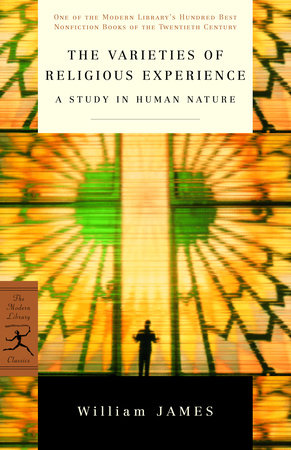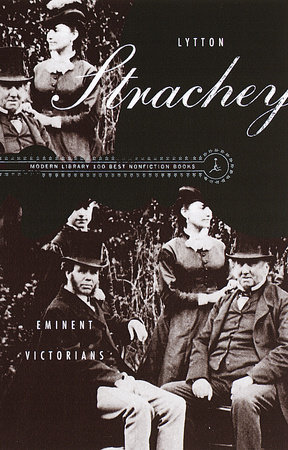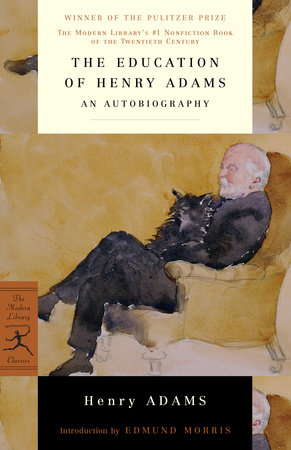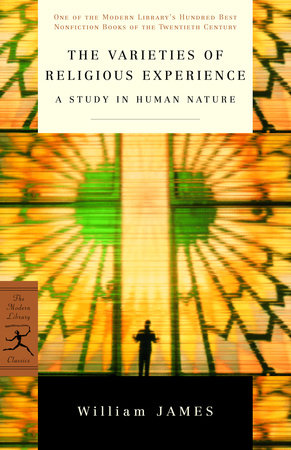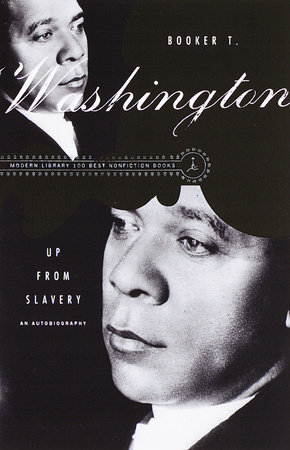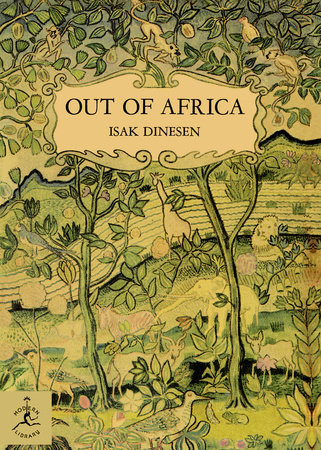Excerpt
The Varieties of Religious Experience
It is with no small amount of trepidation that I take my place behind this desk, and face this learned audience. To us Americans, the experience of receiving instruction from the living voice, as well as from the books, of European scholars, is very familiar. At my own University of Harvard, not a winter passes without its harvest, large or small, of lectures from Scottish, English, French, or German representatives of the science or literature of their respective countries whom we have either induced to cross the ocean to address us, or captured on the wing as they were visiting our land. It seems the natural thing for us to listen whilst the Europeans talk. The contrary habit, of talking whilst the Europeans listen, we have not yet acquired; and in him who first makes the adventure it begets a certain sense of apology being due for so presumptuous an act. Particularly must this be the case on a soil as sacred to the American imagination as that of Edinburgh. The glories of the philosophic chair of this university were deeply impressed on my imagination in boyhood. Professor Fraser's Essays in Philosophy, then just published, was the first philosophic book I ever looked into, and I well remember the awestruck feeling I received from the account of Sir William Hamilton's classroom therein contained. Hamilton's own lectures were the first philosophic writings I ever forced myself to study, and after that I was immersed in Dugald Stewart and Thomas Brown. Such juvenile emotions of reverence never get outgrown; and I confess that to find my humble self promoted from my native wilderness to be actually for the time an official here, and transmuted into a colleague of these illustrious names, carries with it a sense of dreamland quite as much as of reality.
But since I have received the honor of this appointment I have felt that it would never do to decline. The academic career also has its heroic obligations, so I stand here without further deprecatory words. Let me say only this, that now that the current, here and at Aberdeen, has begun to run from west to east, I hope it may continue to do so. As the years go by, I hope that many of my countrymen may be asked to lecture in the Scottish universities, changing places with Scotsmen lecturing in the United States; I hope that our people may become in all these higher matters even as one people; and that the peculiar philosophic temperament, as well as the peculiar political temperament, that goes with our English speech may more and more pervade and influence the world.
As regards the manner in which I shall have to administer this lectureship, I am neither a theologian, nor a scholar learned in the history of religions, nor an anthropologist. Psychology is the only branch of learning in which I am particularly versed. To the psychologist the religious propensities of man must be at least as interesting as any other of the facts pertaining to his mental constitution. It would seem, therefore, that, as a psychologist, the natural thing for me would be to invite you to a descriptive survey of those religious propensities.
If the inquiry be psychological, not religious institutions, but rather religious feelings and religious impulses must be its subject, and I must confine myself to those more developed subjective phenomena recorded in literature produced by articulate and fully self-conscious men, in works of piety and autobiography. Interesting as the origins and early stages of a subject always are, yet when one seeks earnestly for its full significance, one must always look to its more completely evolved and perfect forms. It follows from this that the documents that will most concern us will be those of the men who were most accomplished in the religious life and best able to give an intelligible account of their ideas and motives. These men, of course, are either comparatively modern writers, or else such earlier ones as have become religious classics. The documents humains which we shall find most instructive need not then be sought for in the haunts of special erudition--they lie along the beaten highway; and this circumstance, which flows so naturally from the character of our problem, suits admirably also your lecturer's lack of special theological learning. I may take my citations, my sentences and paragraphs of personal confession, from books that most of you at some time will have had already in your hands, and yet this will be no detriment to the value of my conclusions. It is true that some more adventurous reader and investigator, lecturing here in future, may unearth from the shelves of libraries documents that will make a more delectable and curious entertainment to listen to than mine. Yet I doubt whether he will necessarily, by his control of so much more out-of-the way material, get much closer to the essence of the matter in hand.
The question, What are the religious propensities? and the question, What is their philosophic significance? are two entirely different orders of question from the logical point of view; and, as a failure to recognize this fact distinctly may breed confusion, I wish to insist upon the point a little before we enter into the documents and materials to which I have referred.
In recent books on logic, distinction is made between two orders of inquiry concerning anything. First, what is the nature of it? how did it come about? what is its constitution, origin, and history? And second, What is its importance, meaning, or significance, now that it is once here? The answer to the one question is given in an existential judgment or proposition. The answer to the other is a proposition of value, what the Germans call a Werthurtheil, or what we may, if we like, denominate a spiritual judgment. Neither judgment can be deduced immediately from the other. They proceed from diverse intellectual preoccupations, and the mind combines them only by making them first separately, and then adding them together.
In the matter of religions it is particularly easy to distinguish the two orders of question. Every religious phenomenon has its history and its derivation from natural antecedents. What is nowadays called the higher criticism of the Bible is only a study of the Bible from this existential point of view, neglected too much by the earlier church. Under just what biographic conditions did the sacred writers bring forth their various contributions to the holy volume? And what had they exactly in their several individual minds, when they delivered their utterances? These are manifestly questions of historical fact, and one does not see how the answer to them can decide offhand the still further question: of what else should such a volume, with its manner of coming into existence so defined, be to us as a guide to life and a revelation? To answer this other question we must have already in our mind some sort of a general theory as to what the peculiarities in a thing should be which give it value for purposes of revelation; and this theory itself would be what I just called a spiritual judgment. Combining it with our existential judgment, we might indeed deduce another spiritual judgment as to the Bible's worth. Thus if our theory of revelation-value were to affirm that any book, to possess it, must have been composed automatically or not by the free caprice of the writer, or that it must exhibit no scientific and historic errors and express no local or personal passions, the Bible would probably fare ill at our hands. But if, on the other hand, our theory should allow that a book may well be a revelation in spite of errors and passions and deliberate human composition, if only it be a true record of the inner experiences of great-souled persons wrestling with the crises of their fate, then the verdict would be much more favorable. You see that the existential facts by themselves are insufficient for determining the value; and the best adepts of the higher criticism accordingly never confound the existential with the spiritual problem. With the same conclusions of fact before them, some take one view, and some another, of the Bible's value as a revelation, according as their spiritual judgment as to the foundation of values differs.


